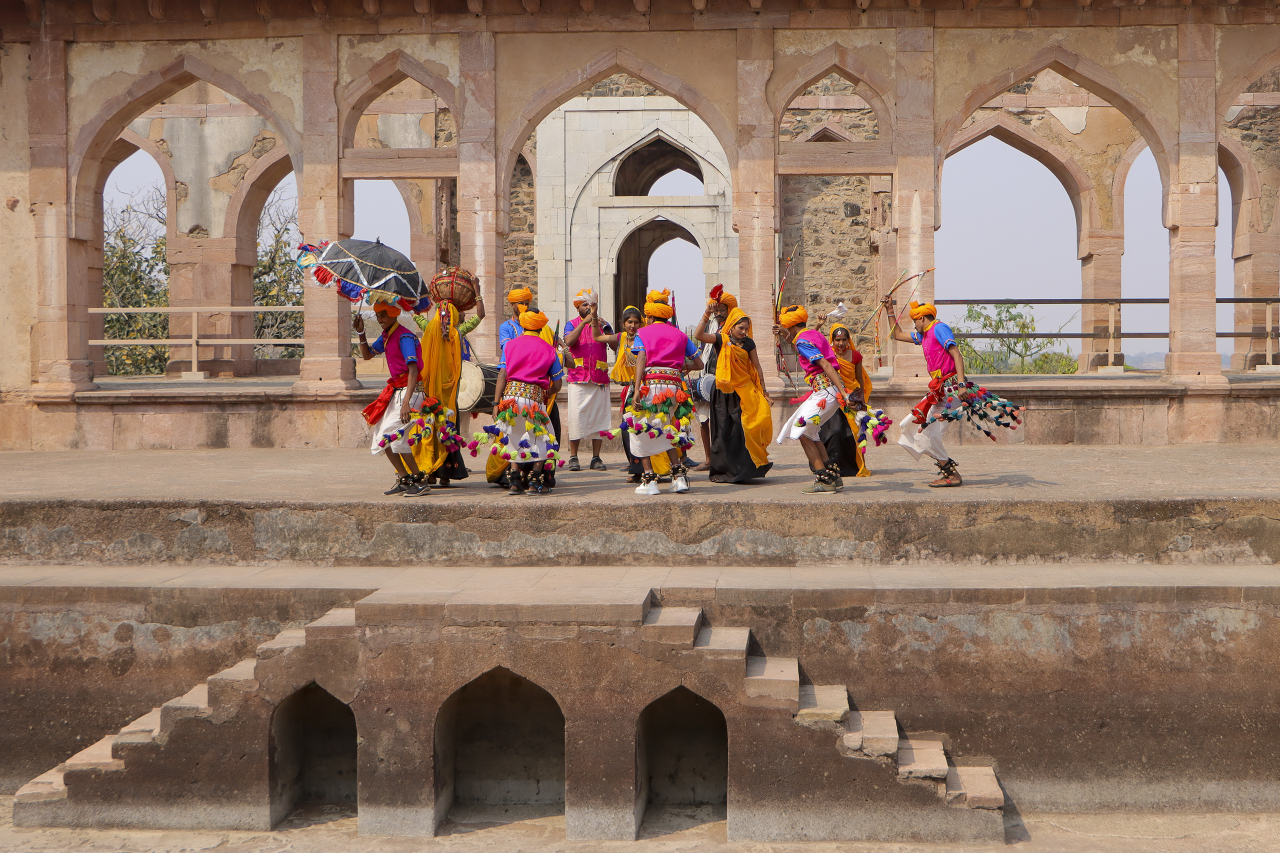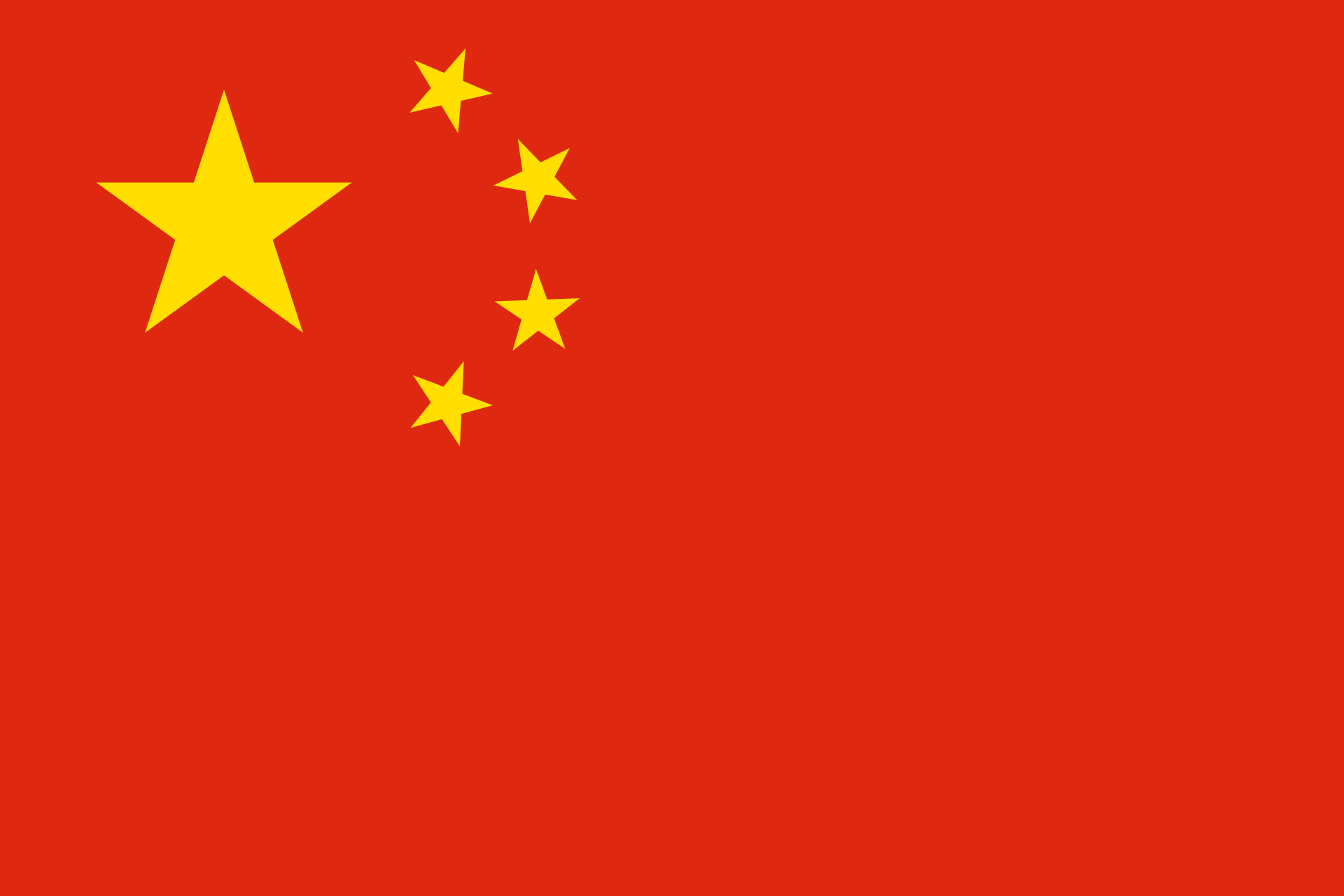Deadline Extended – Join the 2024 Youth Eyes on the Silk Roads Photo Contest
©Anshul Khatri / UNESCO Youth Eyes on the Silk RoadsUNESCO calls on young people around the world, aged 14 to 25 years old, to pick up their cameras and send their best photos to the 6th edition of our Youth Eyes on the Silk Roads contest.
Deadline: Monday 5 August 2024 (by midnight, GMT +2)
The UNESCO Youth Eyes on the Silk Roads photo contest, part of the Organization’s Silk Roads Programme of the Social and Human Sciences Sector, promotes photography as a tool for encouraging cultural interaction, fostering mutual understanding, and promoting peace among the people living in the regions connected by the Silk Roads.
This year, the theme of the 6th edition is “Life Celebrations”, inviting young photographers to explore and capture the essence of cultural celebrations along the historic Silk Roads. This theme is more relevant than ever in the current global landscape marked by escalating conflicts, economic instability, and the climate crisis, where young people are facing unprecedented levels of discouragement. Visually capturing and celebrating life also aims to engage youth in positive and hopeful paths and create a digital space to foster this mindset.
Photographers exploring the theme of “Life Celebrations” along the Silk Roads might capture the following:
- Birth and Naming ceremonies.
- Heartfelt commemorations of anniversaries symbolising the passage of time and the endurance of relationships.
- Symbolic rites of passage ceremonies.
- Colourful and festive engagement ceremonies and weddings showcasing cultural traditions and the union of families.
- Traditional and modern celebrations of seasonal transitions, such as Spring or Autumn Festivals, like Nowruz, and harvest festivals, reflecting the cyclical nature of life and the rhythms of nature.
- Events and celebrations: including rituals, festivals, and pilgrimages that honour spiritual beliefs and cultural heritage.
Photo entries will be reviewed by an International Selection Committee composed of the following photographers: Fatimah Hossaini (Afghanistan), Liang Li (China), Mustafa Seven (Türkiye), and Osama Silwadi (Palestine).
Key Information:
-
Theme: Life Celebrations
-
Deadline: Monday 5 August 2024, at 23:59:59 (GMT +2).
-
Age Categories: Two categories: from 14 to 17 years old and 18 to 25 years old
-
Prize: Three winners in each age category will receive a professional camera. First place winners will receive a professional camera. Second place winners will receive a semi-professional camera. Third place winners will win a standard-model digital camera.
-
Around 60 of the best photos from the contest will appear in a professional photo album “Youth Lens on the Silk Roads” and may be showcased in exhibitions held worldwide.
Useful links:
-
For instructions on how to participate, click here
-
More information on the photo contest
-
More information on the Silk Roads Programme
-
Contact: silkroadsphotocontest@unesco.org
#UNESCOSilkRoads
The Silk Roads in short
For thousands of years the Silk Roads have been an extensive network of trade and communication routes which have connected civilizations and brought peoples and cultures from across the world into contact with each other. As well as permitting the exchange of merchandise, they facilitated the interaction of ideas, cuisines, languages and fashions, shaping the modern cultures and identities of the contemporary world. The Silk Roads linked vast areas of the world - originating in East Asia, South Asia, and South-east Asia, then crossing Central Asia, the Russian steppe and Indian subcontinent, the Iranian and Anatolian plateaux, and the Arabian Peninsula. They also stretch through North and North-east Africa, from Tanzania to Morocco, before passing through Eastern and Southern Europe, reaching France and the Iberian Peninsula.
______________
At a time when societies, as well as educational and cultural institutions continue to be disrupted, this contest provides an opportunity for young people to share their creativity and vision for a new and more inclusive world where tolerance and intercultural dialogue help people understand each other and live together in peace. In this context, UNESCO, through its many initiatives, is trying to support learning, access to knowledge and education, and to engage youth.





